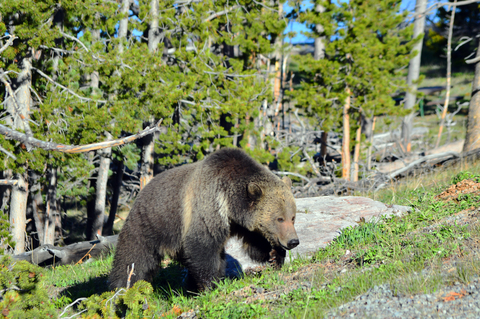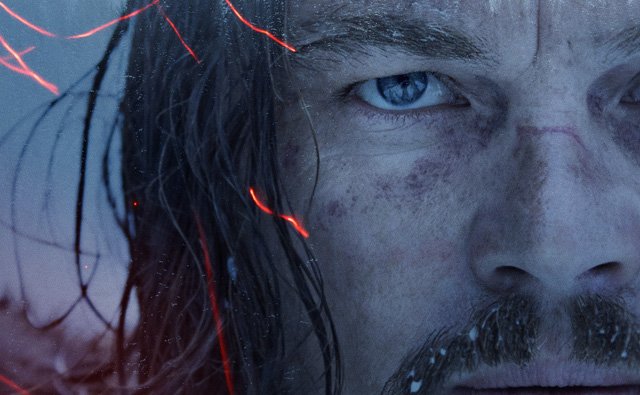While Leonardo DiCaprio is getting high marks for his portrayal of legendary mountain man Hugh Glass in the Hollywood blockbuster The Revenant, it’s the grizzly bear attack scene that has especially been captivating viewers.
The drag out, knock ’em dead fight between a man and a grizzly bear represents such a central piece of the story that the producers wanted to get it absolutely right, so they spent time learning how bear attacks mostly happen.
While researching the story, a team led by writer and diretor Alejandro G. Inarritu met for dinner one night with Scott McMillion, author of Mark of the Grizzly. In the book, now in its second edition, McMillion chronicles more than a dozen bear attack stories.
“They wanted to know how bear attacks happen,” McMillion told LiveOutdoors from his home in Livingston, Montana just north of Yellowstone National Park, a place known for writers and artists. “They had this miss impression that bears come in like they do in those old movies, on their hind legs hollering and yelling, but that’s not how it happens. They come in low and fast, more like a rocket than Paul Bunyan.”
McMillion had grown up watching old movies, often with comical depictions of bear attacks, so he was happy to share his knowledge in the hopes of making a realistic portrayal. What emerged in the movie, he said, is largely accurate. The bear attacks as a defensive move when Glass finds himself between her and her cubs, which is the way most bear attacks occur in real life.
“A lot of people think grizzly bears are man-eaters and they are out there trying to kill you, but that happens on very rare occasions,” McMillion said. “Nearly everybody survives a grizzly bear attack. If they wanted to kill us, they would do it in very short order.”
Stories where grizzly bears actually eat somebody are extremely rare, McMillion said. There was a case in August 2015 of a man in Yellowstone, but he likely startled a mother and her cubs, which incited the attack.
The bear was just doing what the bear does. He was pointing a rifle at the cubs. It’s hard to say the bear knew what a rifle was, but there was something in between her and her cubs so she kicked his ass.
Filmmakers also reportedly studied video of a German tourist who was attacked by a bear at a zoo for inspiration. The final product, thanks to computer graphics and detailed choreography, depicts some fearsome violence up until the point of domination. Glass is left ripped, bitten, broken and battered, but not dead.
“That’s why they say to play dead and don’t fight,” McMillion said. “Submit. Let the bear know it’s boss and they will usually stop chewing and clawing you once they establish dominance and know that you are not a threat to their food or their cubs. The injuries can be gruesome, but most people are able to walk away from a grizzly bear attack.”
The injuries Glass sustained meant a survival story ahead that would include some disgusting things like spending the night in the bowls of an animal and cauterizing a neck wound. If you like survival stories, this is an ultimate story of strength and determination.
The story of Glass and the 1823 team of explorers was originally told in the 1954 novel “Lord Grizzly” by Fred Manfred and later “The Revenant: A Novel of Revenge” by Michael Punke.
Glass was a notorious figure both for his ability to straddle two worlds. He learned to speak the Pawnee language and even fathered a Pawnee boy. After more than 30 men were killed in an Indian ambush near present-day Lemmon, South Dakota, Glass and the others set out for a nearby fort. But while hunting alone, he is suddenly attacked by a grizzly.
The scenes throughout the movie are exquisite, shot in parts of Alberta, Canada and Argentina, all in natural light in sometimes below zero conditions.
We asked McMillion what he thought of the movie, Hollywood depictions in general and how you can best survive a bear attack if you are ever so unfortunate.
LO: Do you think Hollywood normally gets these types of scenes wrong?
McMillion: Some of the movies I saw as a kid were incorrect. There was one I remember The Night of the Grizzly that was a comically bad movie. I’ve seen The Revenant and I think it was pretty accurate on how those things happen. It was a very brutal attack and he tried to fight back, which you shouldn’t do. But that’s easy to say and hard to do when a bear is chewing on your head. If it’s a black bear you should fight back because it’s probably a predator attack or if a grizzly bear attacks you in a tent or your cabin, but that’s very rare. The bear in this movie was protecting her cubs, so she saw him as a threat to her cubs. She wasn’t trying to eat him, she was trying to subdue him and show him who’s boss. Which happens quite often.
LO: What are you supposed to do if you run across an aggressive bear?
McMillion: If you see a bear nearby you should nto make eye contact, back away from it, talk to the bear and say things like “hey bear, I’m leaving.” The bear can’t understand you of course, but your intentions might translate in subtle ways to your body language, which bears use to communicate with each other. Back away, don’t run, you can trigger a chase response if you run from a bear. That happened to a man in Yellowstone park three years ago.
LO: We heard a story last year about people triggering a gag reflex in a bear by sticking their arm down its throat. Is that something you’ve heard of before?
McMillion: Yea I heard that too. I’d like to talk to that guy to find out what exactly happened. I wouldn’t recommend it with a grizzly bear. It might work with a black bear. I wouldn’t recommend it. If a black bear is attacking you it’s likely a predatory attack and you should do whatever works. With a grizzly bear it’s almost always a surprise encounter, like in this movie. He was hunting for food and ran across two bear cubs in the woods and got between them and their mother and that’s when she attacked him.
LO: That’s the way the vast majority of bear attacks occur right?
McMillion: Yea, because you surprise bears. That’s why they recommend making noise when you’re travelling in the woods because if the bear hears you, he’ll usually move away. They don’t like surprises. They have a fight or flight response. Once you reach the end of that envelope that triggers that response, the bear will decide what to do. You should carry bear spray and travel with at least one other companion. In places like Glacier National Park and Yellowstone bears often hear or see somebody coming and they will honker down and let you pass.
LO: What was it that got you into this field? Have you ever been attacked personally?
McMillion: I’ve never been attacked but I’ve been bluff charged. Bears are part of the landscape here in Montana. You have to be bear away, be careful with your food storage and don’t go poking them with a stick. Give them a wide birth.
LO: How did you come to meet with the filmmakers of The Revenant?
McMillion: The author of the book is also a friend of mine. I heard they were making a movie based on his book. Another friend said these guys are in town and they want to talk about bears. I didn’t really know who these guys were. They asked good questions and seemed interested. The bear was just doing what the bear does. He was pointing a rifle at the cubs. It’s hard to say the bear knew what a rifle was, but there was something in between her and her cubs so she kicked his ass.
Photo credit: 20th Century Fox
Bears in Action
-
King of the mountain
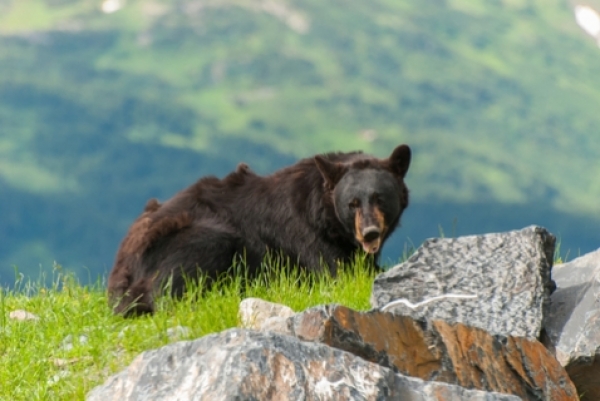
-
Here fishey, fishey
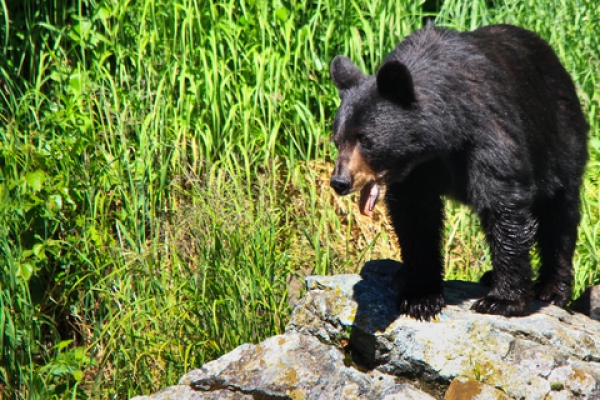
-
Get outta here!!!
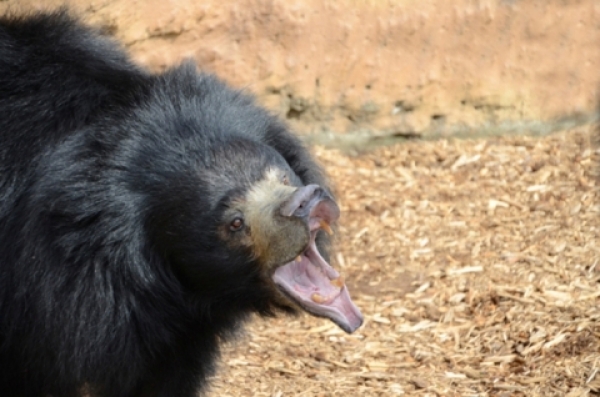
-
Hum Diddy Um Diddy Umpt
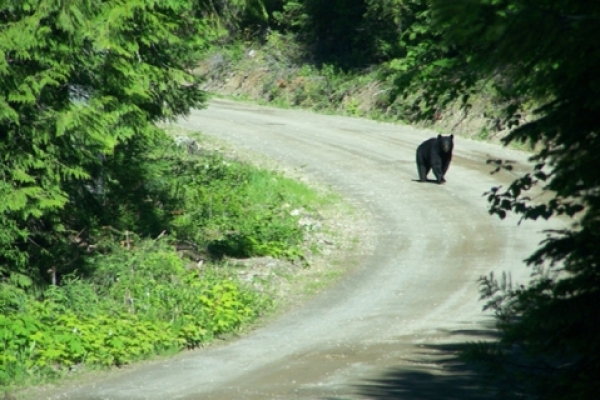
-
Who's that?
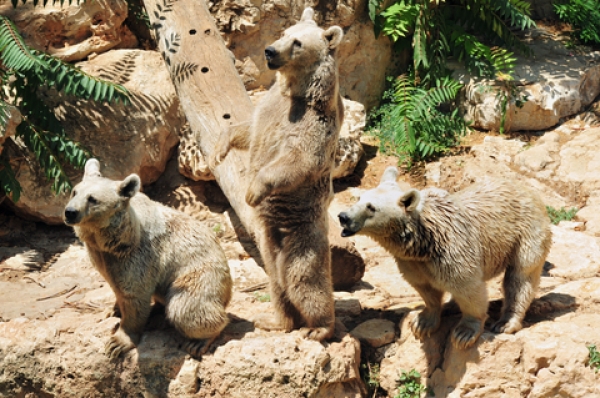
-
Hey, break it up you two!
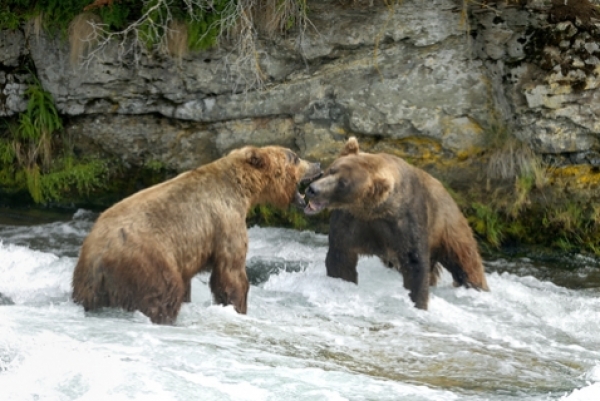
-
I hate fishing in the rain.
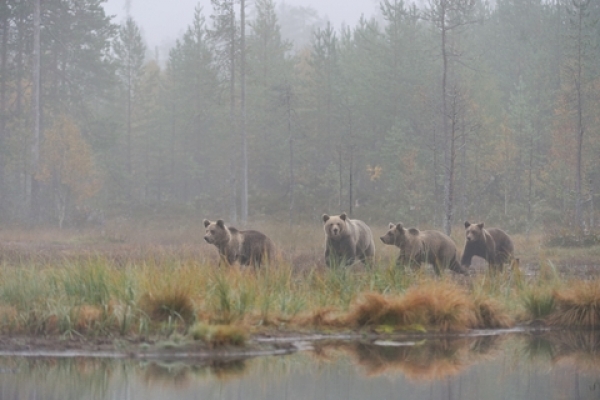
-
Is my hair straight?
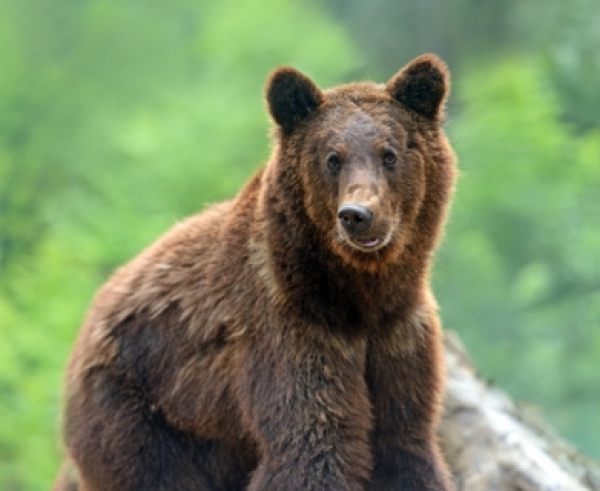
-
Play fighting? How cute.
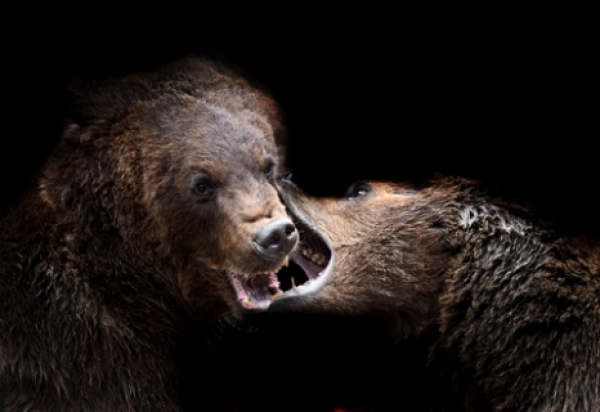
-
I thought I smelled a salmon.
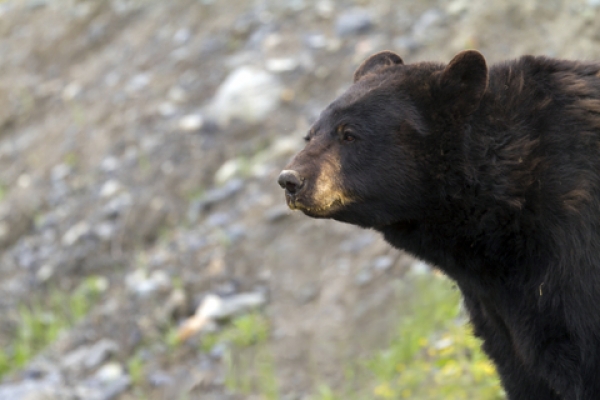
-
Hey don't look at me right now.
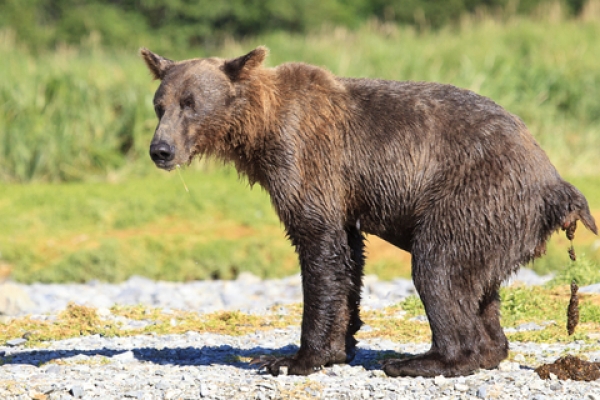
-
Yes!! Got one!
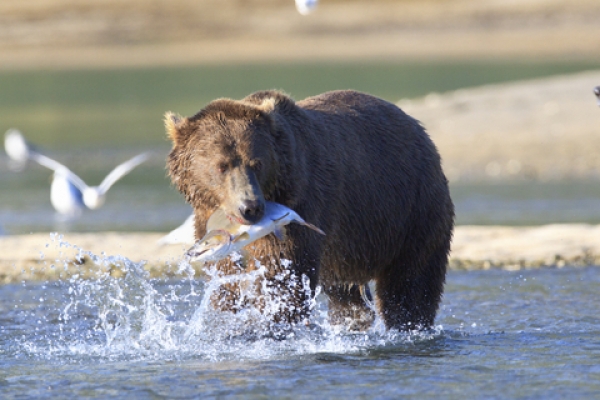
-
Fuzzy in tall grass.
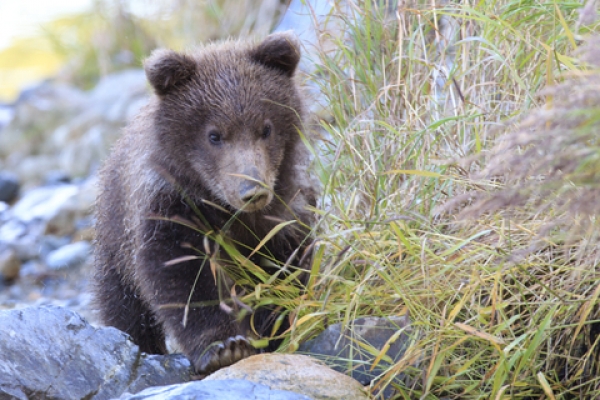
-
Now this is gonna happen.

-
Where's the ice?
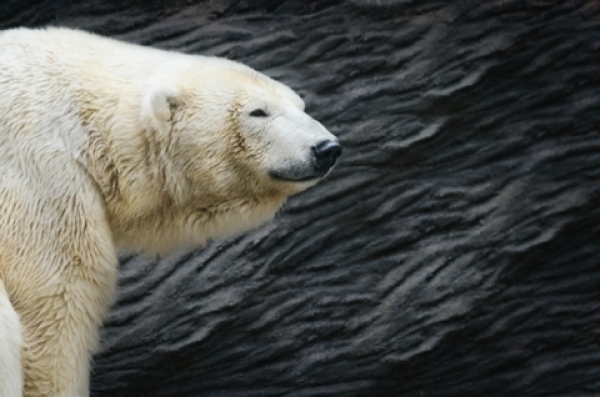
-
Don't mess with me.
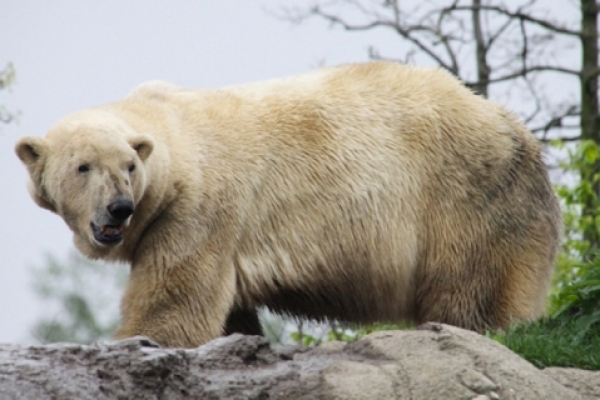
-
Man, am I tired
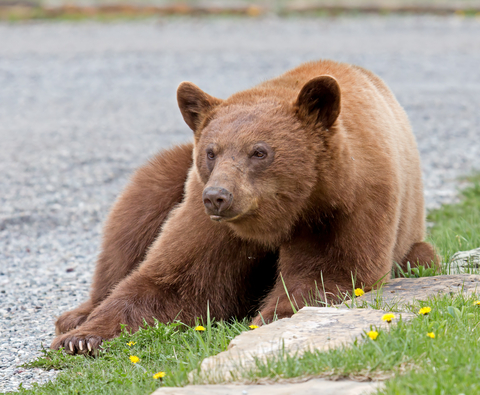
-
Come give me a hug, I'm crazy
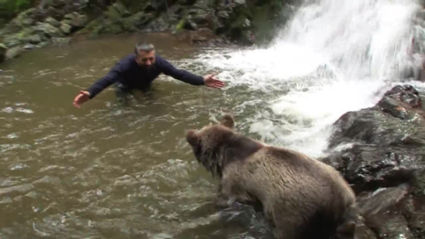
-
Damn, not this again

-
Paintballs are no match
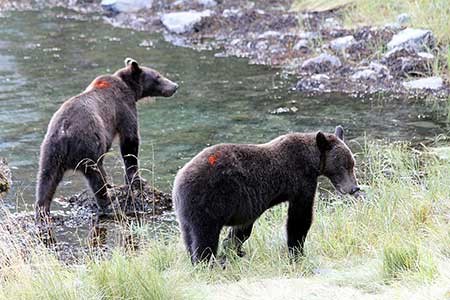
-
I will climb anything for an egg
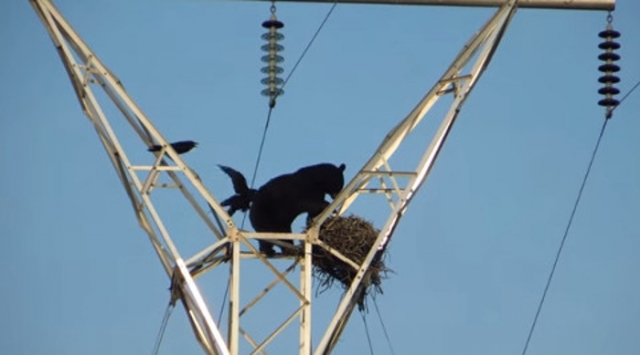
-
Ah, how cute
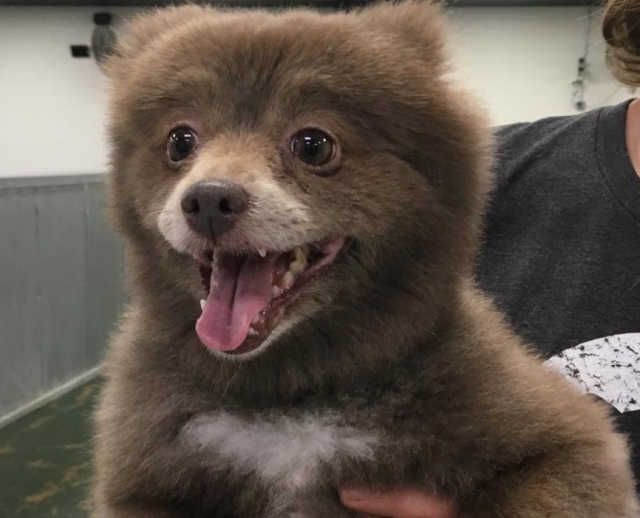
-
Now, which way to the campground
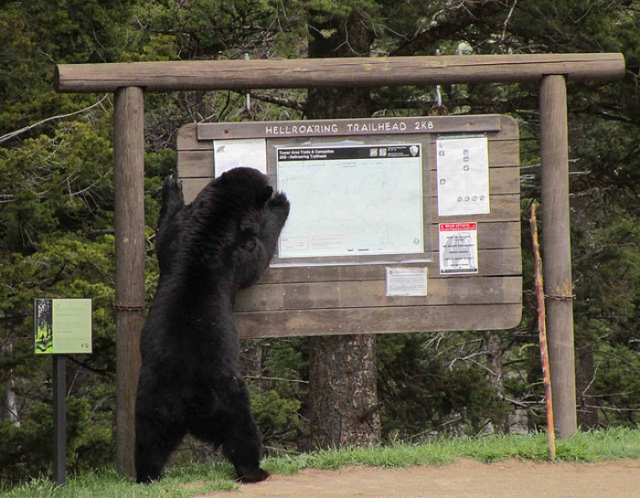
-
Nothing to see here
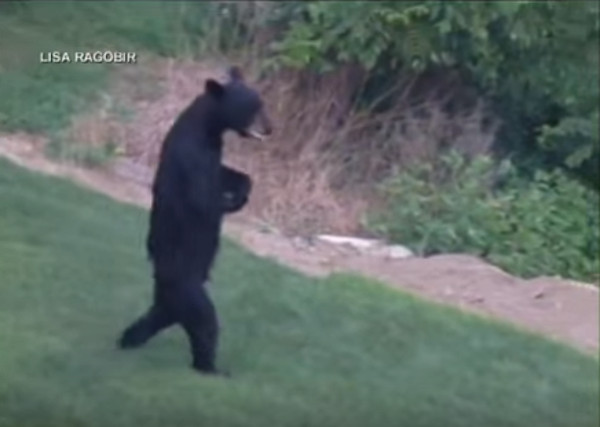
-
Yea, I'm not the cutest
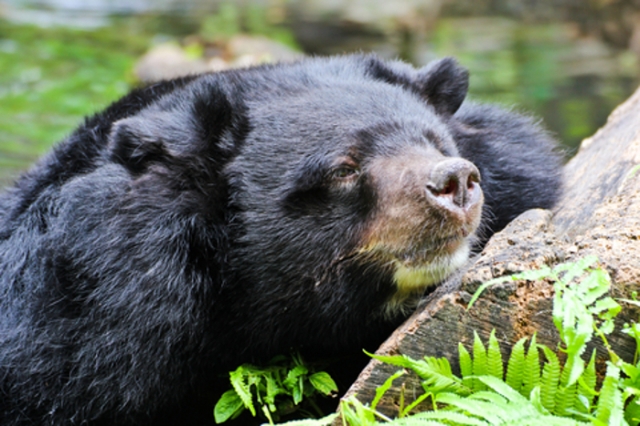
-
What's that?
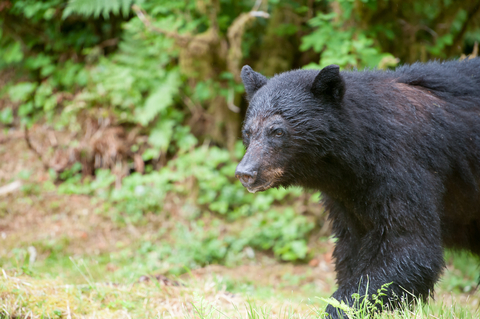
-
Black bear in field
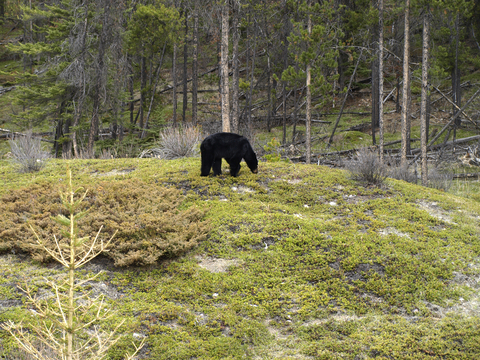
-
Grizzly in Glacier

-
Grizzlies in Alaska
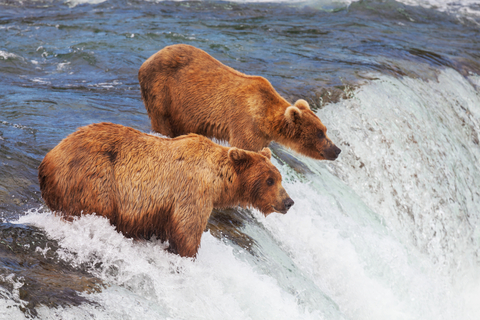
-
A stallion of a bear
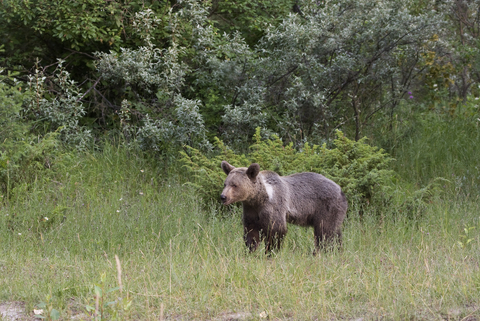
-
Big male grizzly
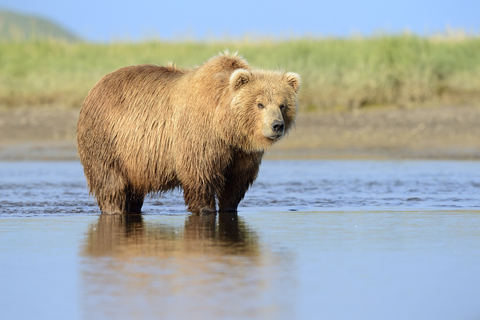
-
Hey big guy
